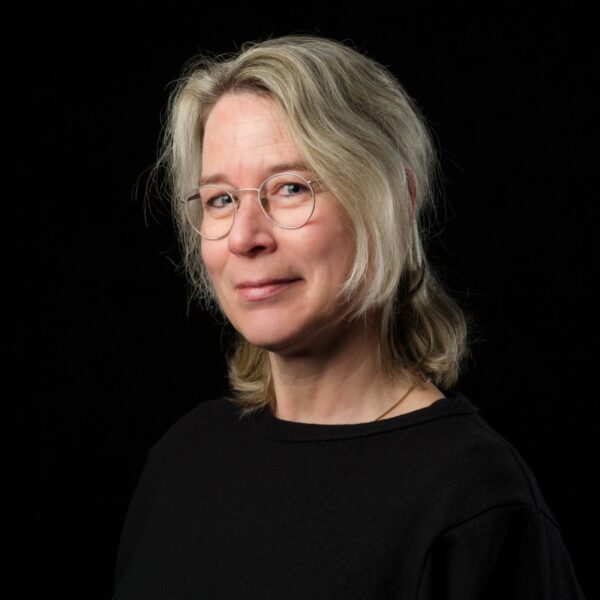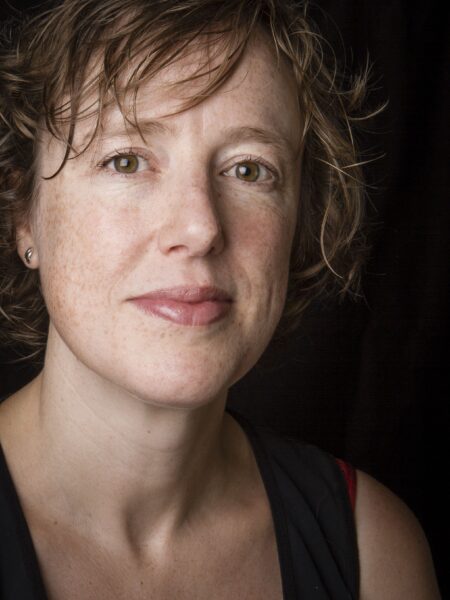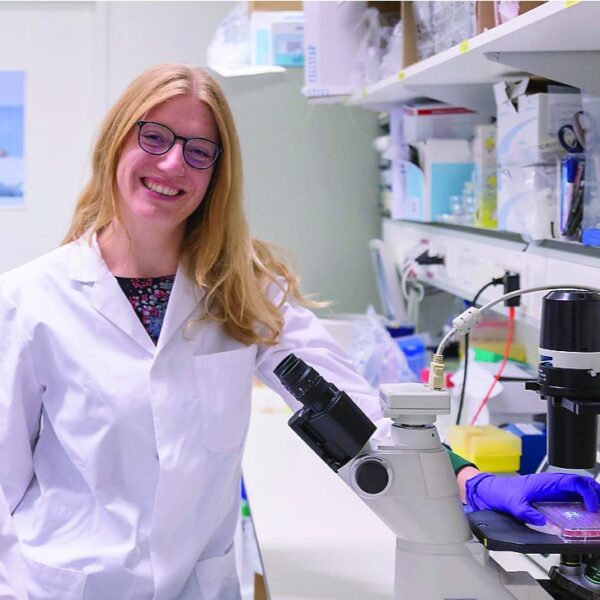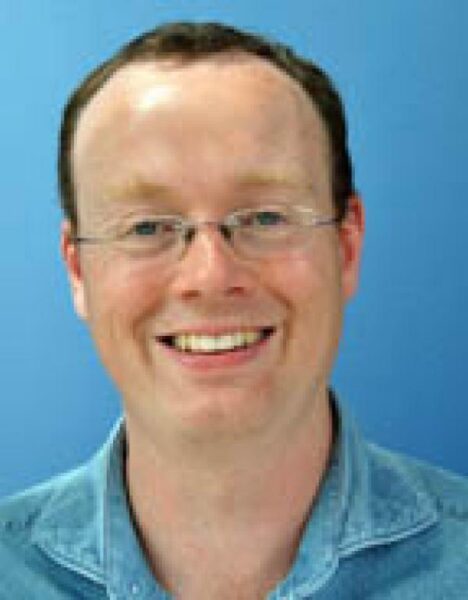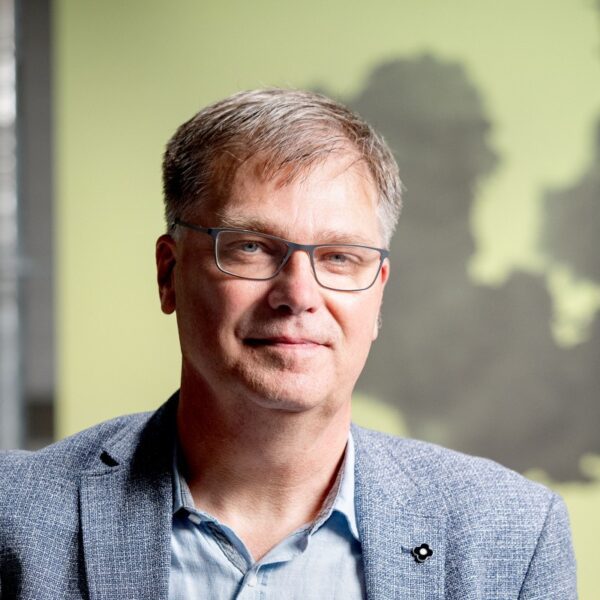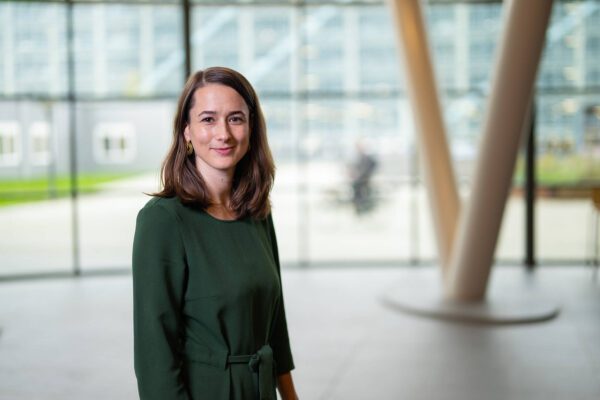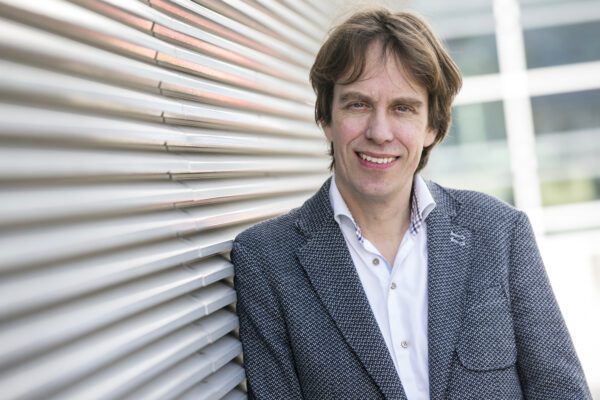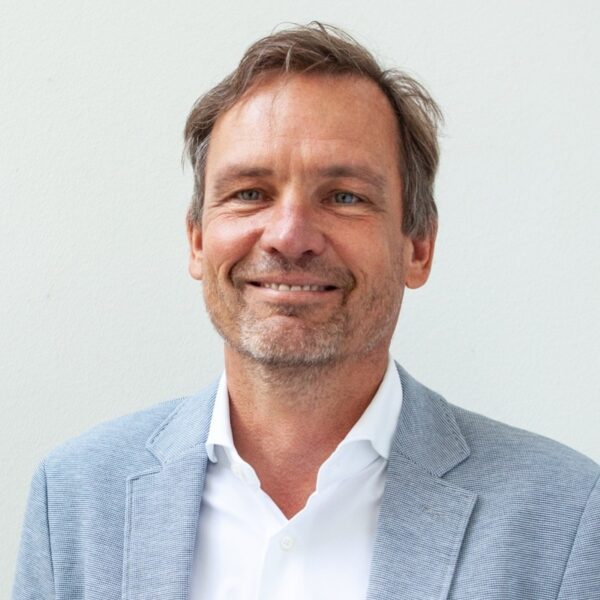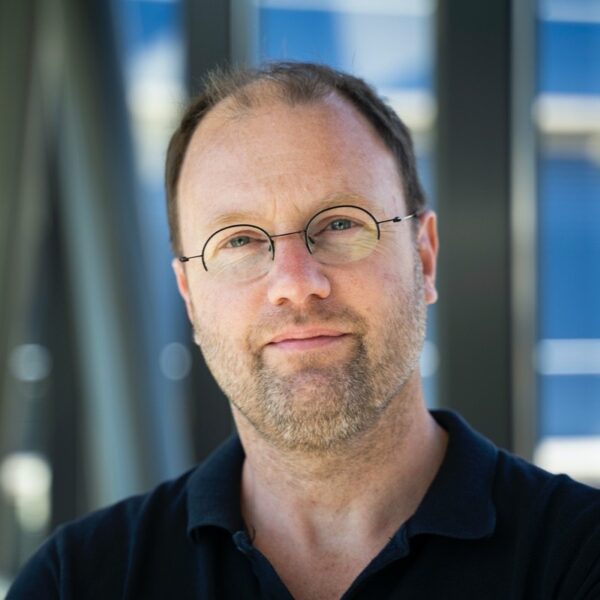Corrette is associate professor of health law, working at the Amsterdam University Medical Center (before she worked for 7 years as a program manager at ZonMw) and special appointed professor of Law, Health Care Technology and Medicine because of the Royal Dutch Medical Association (Faculty of Law, University of Amsterdam). Although she is active in the wider field of health law, she especially contributes on topics as human subject research, reproductive technologies, privacy and genetics. She wrote a PhD thesis on the legal privacy aspects of data research (published in 2004) and participated in many (interdisciplinary) research projects. She is a member of the Dutch Health Council, the Central Committee for Human Subject Research and other review boards, and the editorial board of the Dutch Journal of Health Law. Currently, she is involved in projects regarding the evaluation of health laws and the legal/ethical aspects of personalized medicine. Over the years, she performed several multidisciplinary research projects, also on issues that are closely related to the PSIDER-research program.
Corrette has a broad field of scientific interest, but, together with ethicists and empirical researchers, she also carried out research on the specific topic of embryo research and the closely related to the Dutch Embryo Act. Ploem, together with Dondorp and others, just finished the third evaluation of the Embryonic Act (2020). From 2017-2019 she carried out two other evaluation studies (Law on human subject research and Abortion Act). She also participated on a project on the legal/ethical aspects of personalized medicine (2018-2020). From 2016-2018 she was involved in the TANGO project, on personalized medicine in oncology. Furthermore, she wrote a report on the legal aspects of data and tissue research and biobanks in commission of the Dutch Association for Health Law. One of the issues addressed in this report concerns ownership of tissue. On that topic she also wrote a review of a first official proposal of the Dutch government (2018), regulating ‘further use’ of human tissue.







